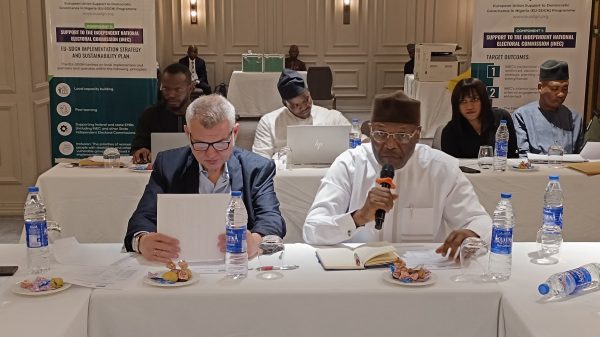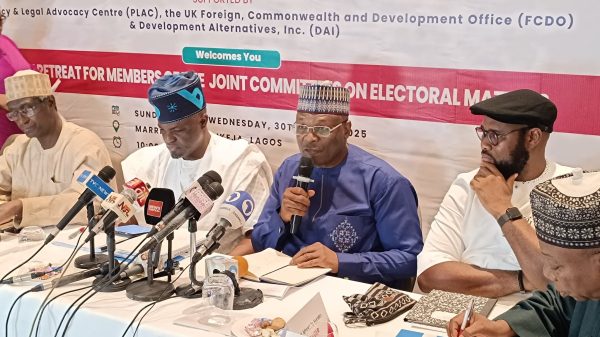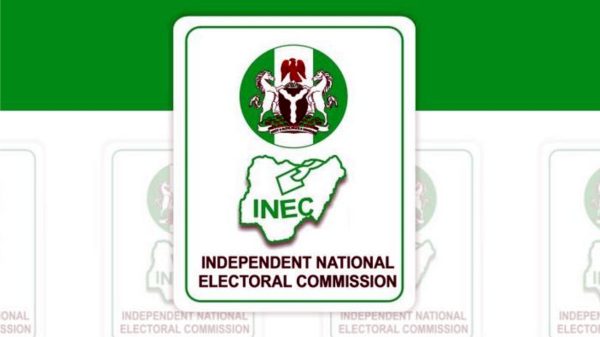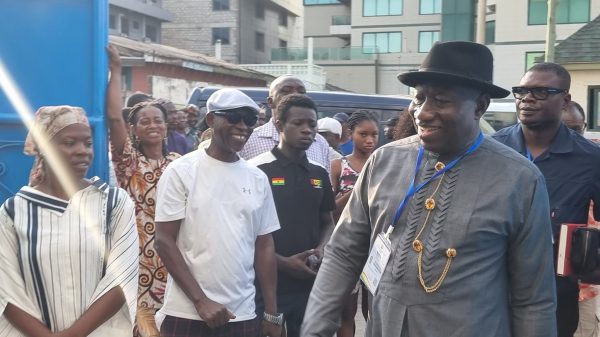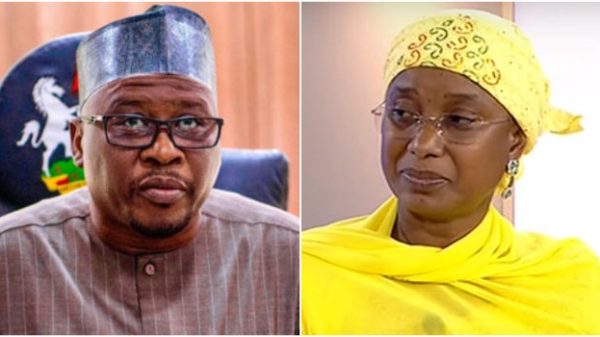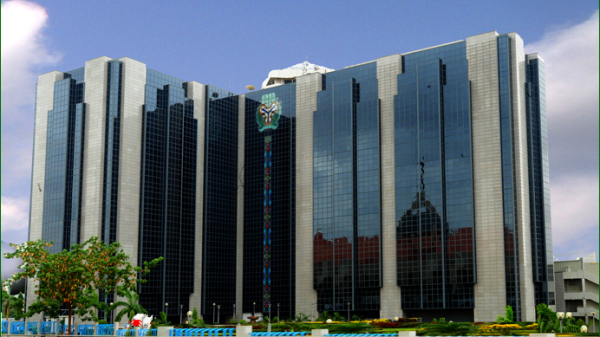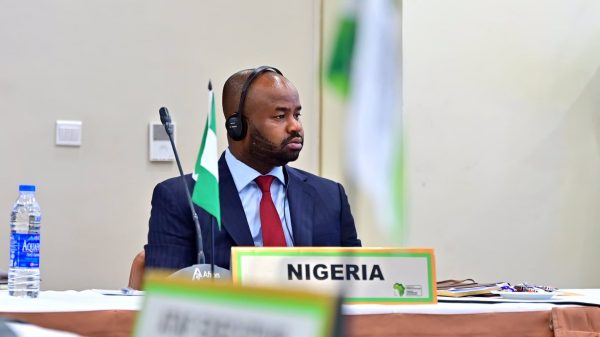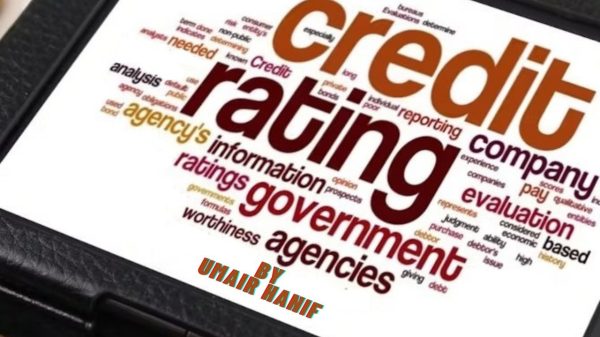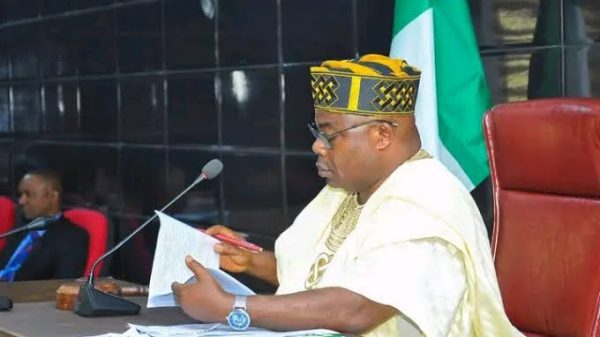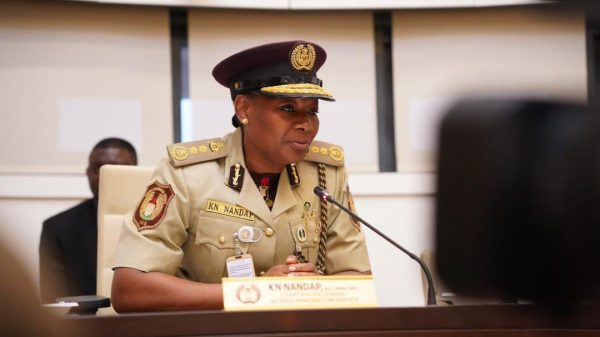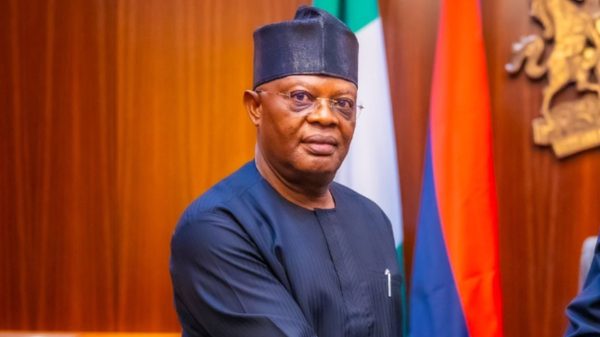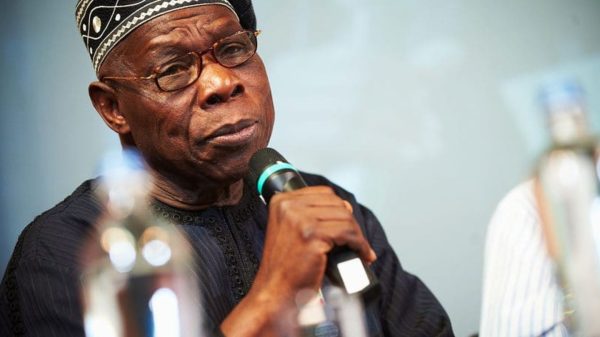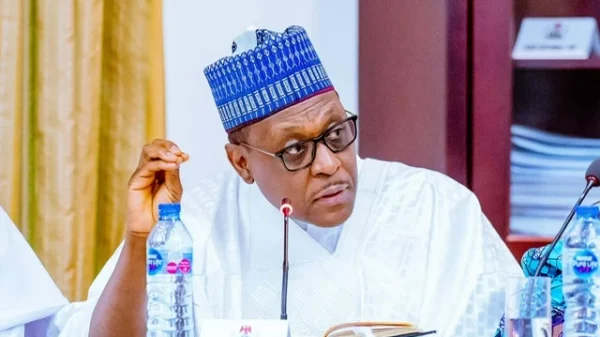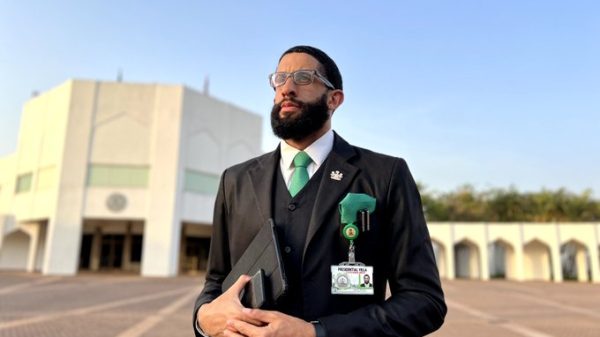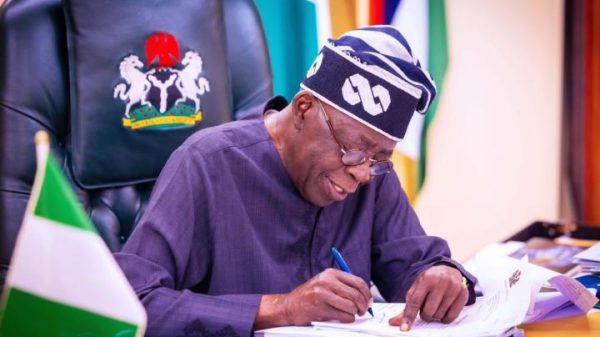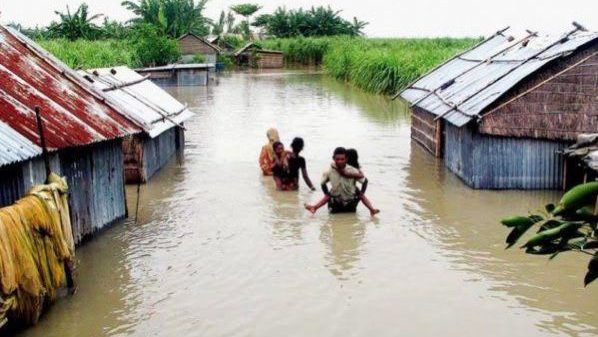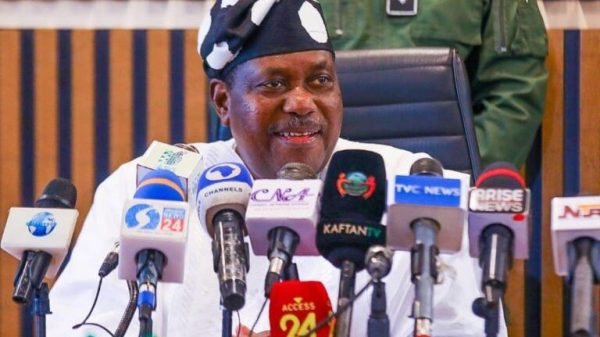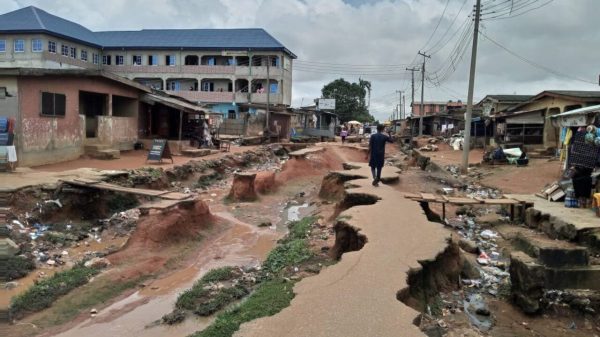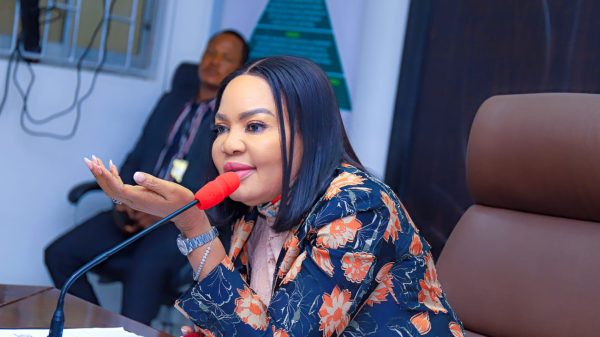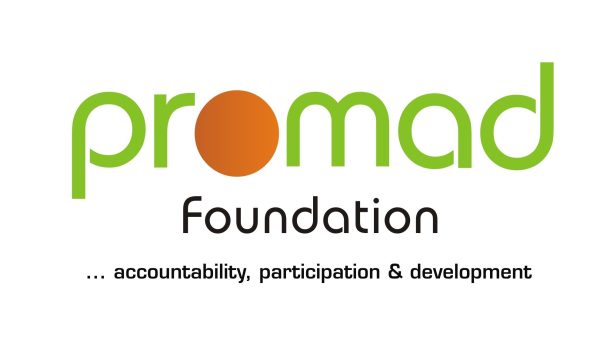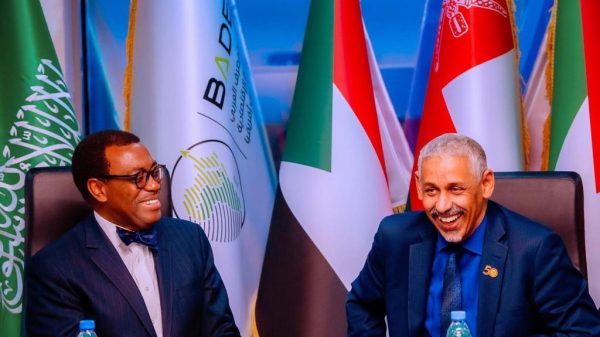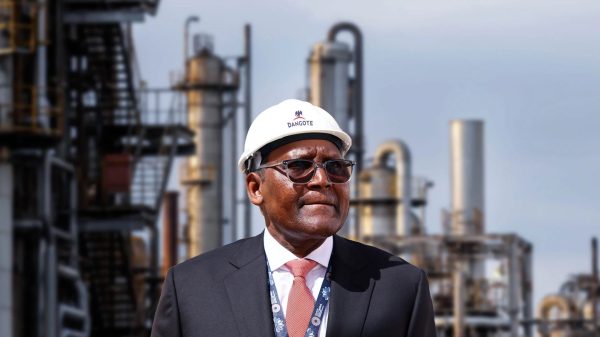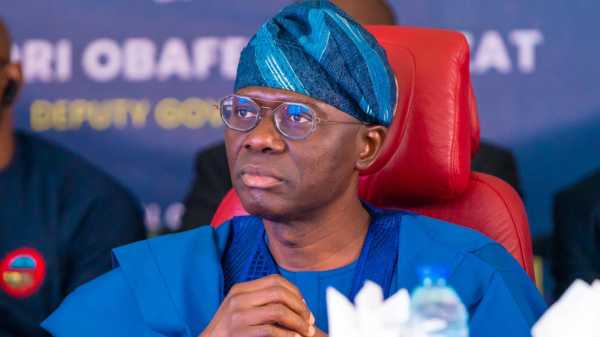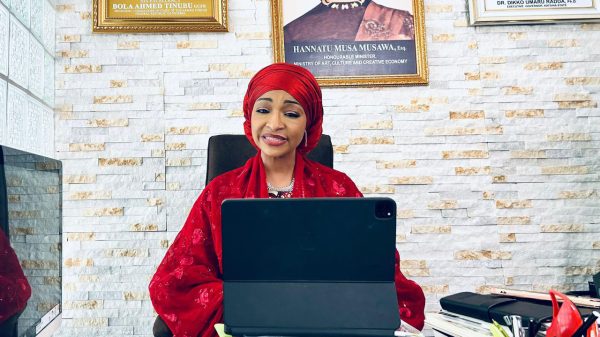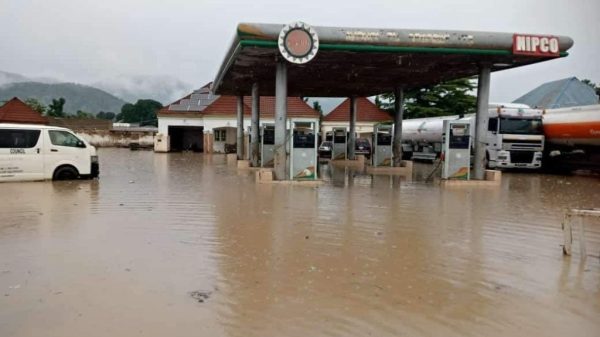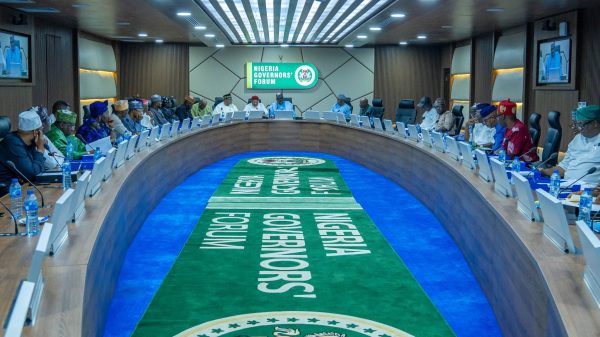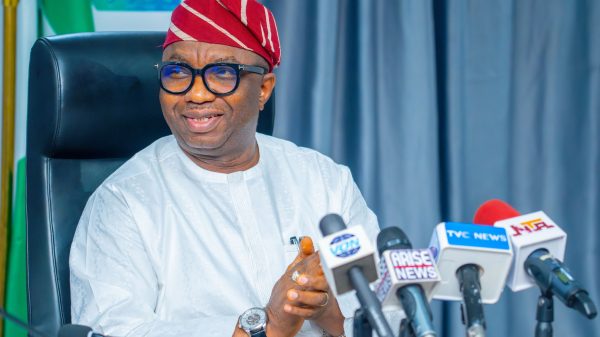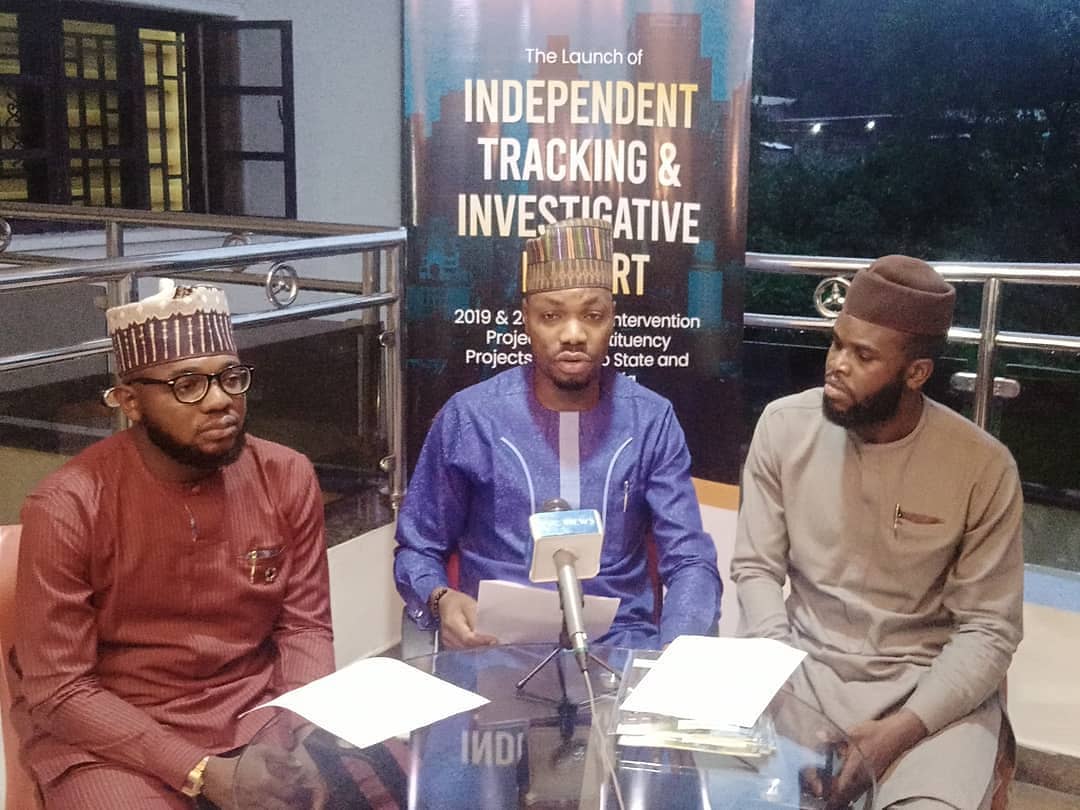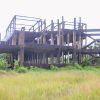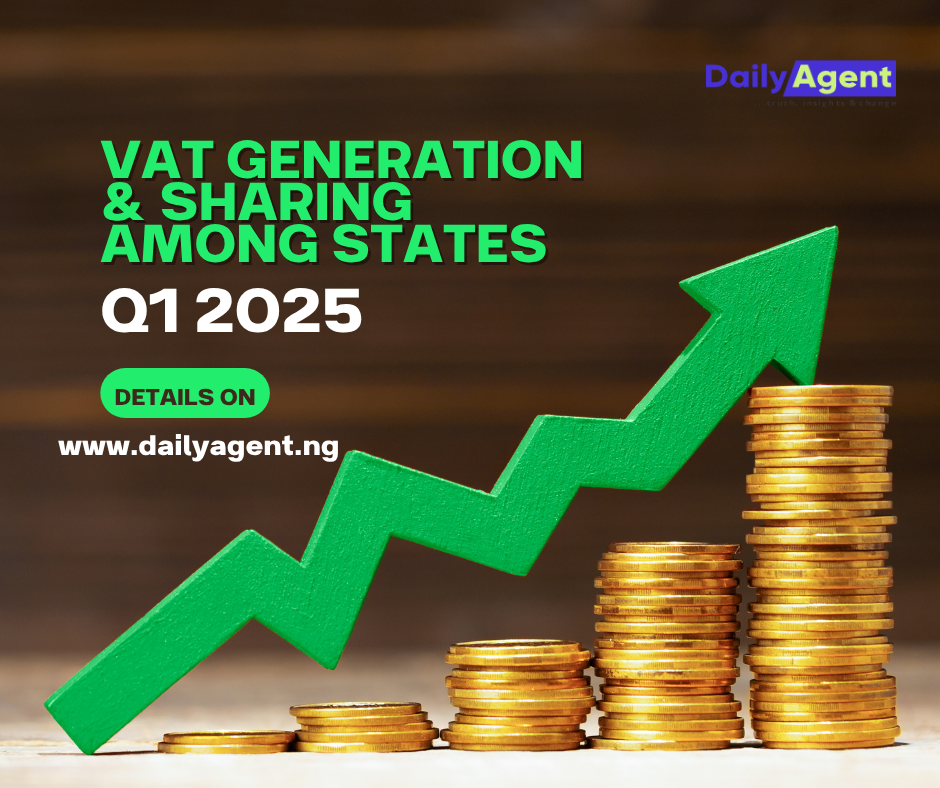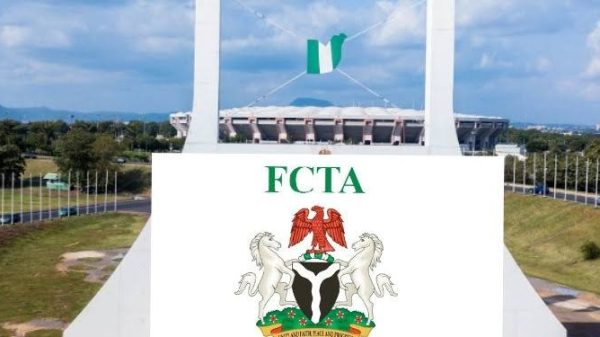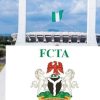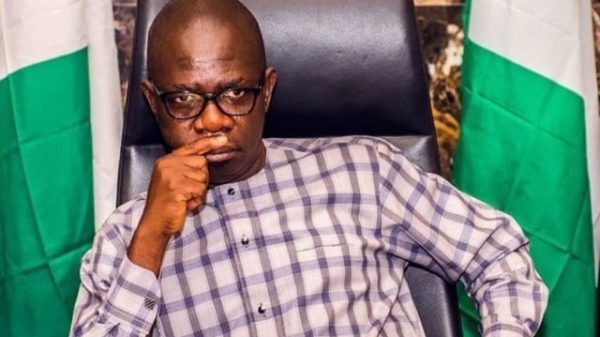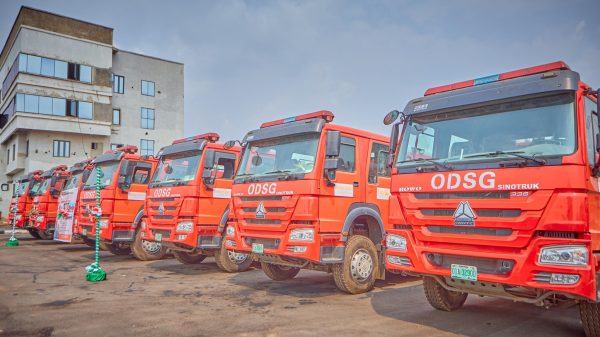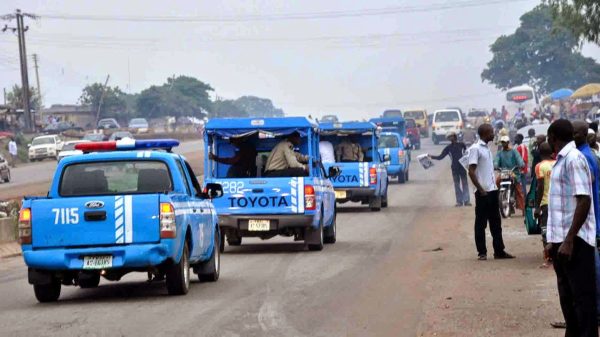TECHNOCRAT MEDIA NIGERIA
Daisi Omokungbe, Director of Follow The Projects says the implementation of 2019 and 2020 zonal intervention projects in the Federal Capital Territory and Ondo state is a mix of abandoned, non-existing and untraceable projects.
He disclosed this at a press conference held in Abuja to mark the launch of an independent report on the tracking and investigation of 2019 and 2020 zonal intervention projects supported by MacArthur Foundation and Open Society Initiative for West Africa (OSIWA) through HEDA Resource Centre.
He said FOLLOW THE PROJECTS is a nonprofit program established by TECHNOCRAT MEDIA to lead social accountability movement and advocacy for the tracking of projects as provided for in the budgets of government, engaging community stakeholders and reporting findings to contribute to anti-corruption programmes and making public finance to deliver social services to Nigerians.
“In 2020, the mini-grant we got from MacArthur Foundation and Open Society Initiative for West Africa (OSIWA) through HEDA Resource Centre helped our organization to track, engage stakeholders and report abandoned projects by the Niger Delta Development Commission (NDDC) in Ondo State,”
“The report of the three months investigation was published, submitted to our partners, and handed to Hon. Olubunmi Tunji-Ojo, Chairman House Committee on NDDC at the House of Representatives at a meeting of a coalition of stakeholders from Ondo state in February this year,”
“The lawmaker had promised that he was going to ensure NDDC contractors come back to sites to complete their abandoned projects across the State. A few weeks ago, we were excited to discover that one of the numerous projects that had been abandoned across the State had been completed after the contractor was mandated to go back to the site”.
“In July, we secured another round of support from our partners for the investigation of the implementation of 2019 and 2020 zonal intervention projects “constituency projects” in Ondo State and the FCT, Abuja,”
“Today, we are here to unveil the report. The report is in-depth and contains the analysis of our findings and data gathered on ZIPs in Ondo state and the Federal Capital Territory (FCT), it captured all the details of the projects covered as available during the period of the research. Project locations and sites were visited at different times and data were taken accordingly”.
“Projects are categorized into six types: abandoned, completed, due process, ongoing, tracked, and untraceable. This report would be useful to the executive arm of government, antigraft agencies, and any constituted commission on project auditing and tracking of budget performance, and Nigerians who are willing to hold their representatives accountable and responsible”.
Summary of our findings
In Ondo, the following was discovered.
- According to the 2019 and 2020 budgets, a sum of N3.905bn was BUDGETED for the implementation of eighty-six (86) zonal intervention projects (ZIPs) also known as “Constituency Projects” in nine (9) federal constituencies and three Senatorial Districts.
- Trackability: Only thirty (30) out of these projects were found TRACKABLE. Others are untraceable even when money had been RELEASED.
- Six (6) projects were ABANDONED, fourteen (14) were COMPLETED, four (4) are under DUE PROCESS, seven (7) are ONGOING, thirty (31) were TRACKABLE, and fifty-two (52) were UNTRACEABLE i.e. projects without locations and actual descriptions.
In the Federal Capital Territory,
- According to the 2019 and 2020 budgets, a sum of N1.245bn was allocated for the implementation of seventeen (17) zonal intervention projects (ZIPs) also known as “Constituency Projects” in two federal constituencies and the FCT Senatorial District.
- Trackability: Only one (1) out of these projects was tracked COMPLETED. Others were untraceable even when some funds had been RELEASED.
- A total of fifteen (15) projects worth N1.195bn were untraceable as a result of a lack of access to information and project data.
The Red Flag – Untraceable Projects
The untraceable projects are nothing but red flags which enable opacity and might encourage corruption and diversion of public funds for personal uses. The nomination of soft projects such as strategic empowerment for women and youth, the provision of empowerment materials to women and youth, and among others are issues of concern in project tracking. It is always difficult to track these kinds of projects and in the end, half of the funds released for such projects may end up in private pockets.
In our moving around, tracking projects, and engaging local stakeholders, they lamented the pains they go through on a daily basis if some of the projects awarded were completed, the sufferings and pains would have been reduced, and delivered dividends of democracy to the people. Issues of basic social amenities such as the provision of water, health centres, local roads, school buildings, and erosion control formed the major demands of communities.
Between July and August, in line with the provisions of Section 1(1) -(2) and 2(7) of the Freedom of Information Act 2011, FTP issued over 20 Freedom of Information Requests (FOI) to federal ministries, departments, and agencies (MDAs), only a few responded on the information and data being sort.
He emphasised that high numbers of MDAs are still in the practice of hoarding information against the provisions of the Freedom of Information act and open government partnership.
“I want to express our appreciation to HEDA Resource Centre, MacArthur, and other partners for supporting our work with the grants to operate and fly – it is our hope to have more of these supports as we travel into the future of our social accountability, advocacy, and impacts in achieving sustainable infrastructural development in Nigeria,”, Omokungbe added.
He charged Nigerians to play great roles in pursuing accountability so as to ensure the judicious use of the nation’s common resources for the common good of all irrespective of their locations, political affiliations, or ethnic heritage.
The investigation was conducted with support from the MacArthur Foundation and the Open Society Initiative for West Africa (OSIWA) through the HEDA Resource Centre.






